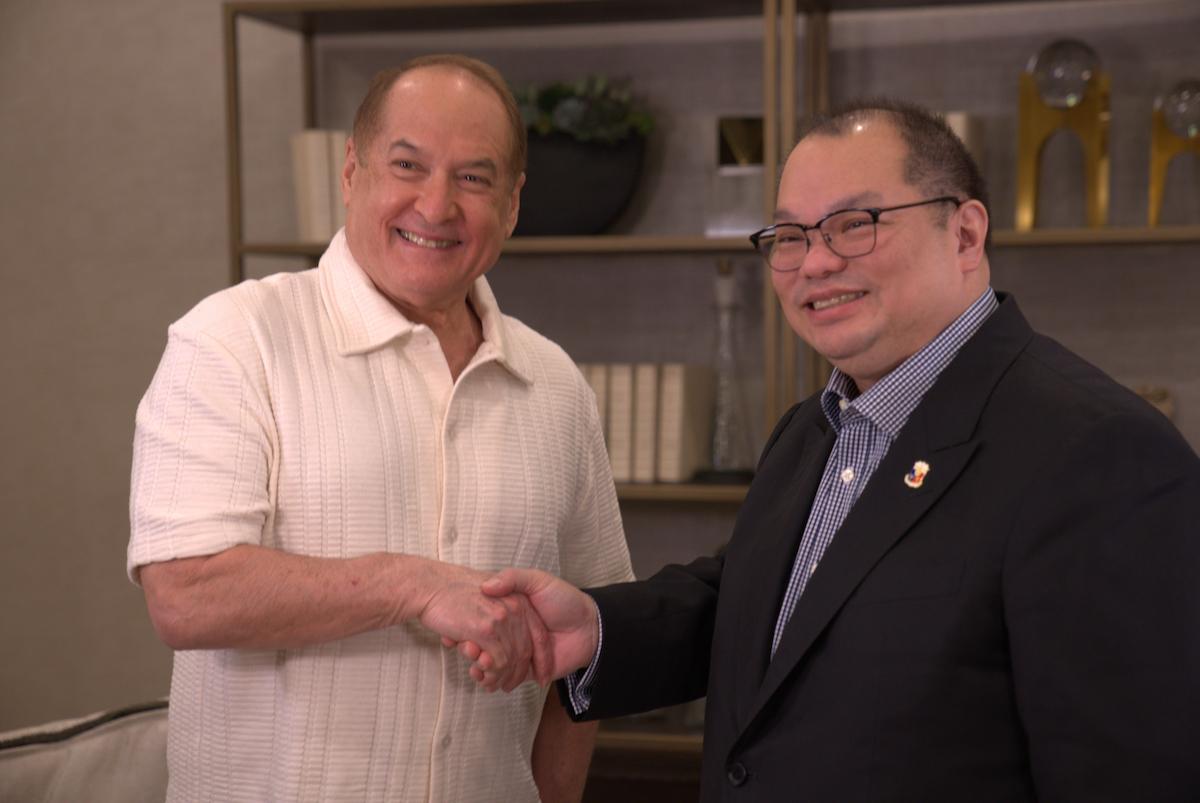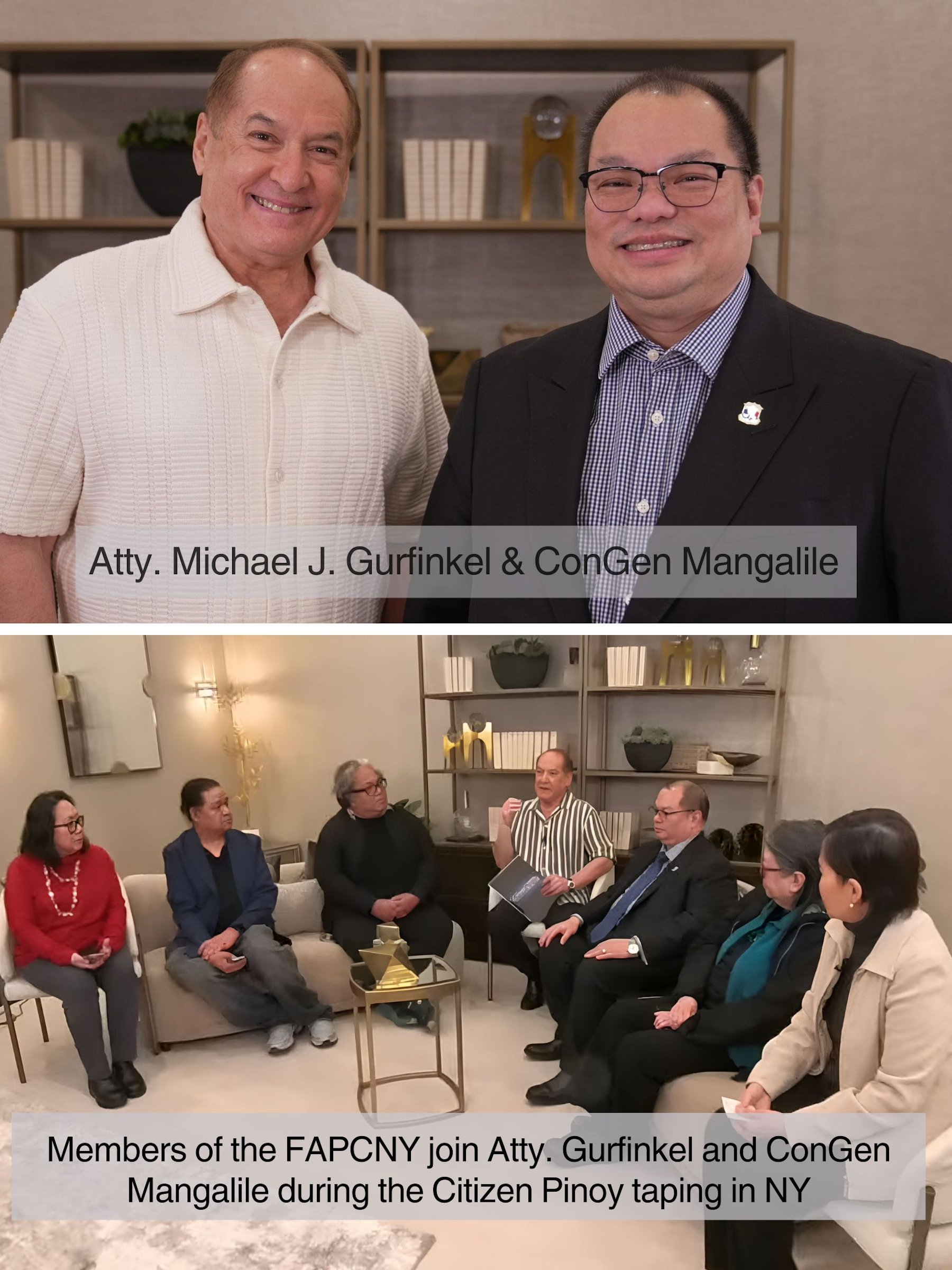INA 212(a)(6)(C)(i) bars an alien from receiving a visa or admission into the U.S. if this alien has previously obtained or attempted to obtain a visa, other documentation, admission or other benefit under the Immigration and Nationality Act (INA), by means of fraud or by willfully misrepresenting a material fact.
Fraud is a false representation of a material fact with knowledge of its falsity and with intent to deceive a consular or immigration officer, who believed and acted upon this false representation. Misrepresentation is an assertion which is contrary to the facts. INA 212(a)(6)(C)(i) penalizes willful and false misrepresentation of a material fact. Unlike fraud, material misrepresentation does not require intent to deceive. Since proof of an alien’s intent to deceive would be hard to come by, most findings of inadmissibility under INA 212(a)(6)(C)(i) often involve material misrepresentation rather than fraud.
Misrepresentation requires an alien’s affirmative act. Silence or failure to volunteer information does not in itself constitute misrepresentation under INA 212(a)(6)(C)(i). Misrepresentation must be willful, which means that it must have been done knowingly and intentionally, and not made accidentally, inadvertently, or in an honest belief that the facts are otherwise. Misrepresentation is willful if the alien was fully aware of the nature of the information sought and knowingly, intentionally, and deliberately made an untrue statement.
Most important, misrepresentation must be material. In Matter of S- and B-C-, 9 I&N Dec. 436 (A.G. 1961), the Attorney General held that a misrepresentation made in connection with an application for a visa, admission, other documents, or other benefits is material if either: (1) the alien is inadmissible on the true facts; or (2) the misrepresentation tends to shut off a line of inquiry which is relevant to the alien’s eligibility and which might well have resulted in a proper determination of inadmissibility. The first part of this definition of materiality is known as the independent or objective grounds of inadmissibility. The second part is known as the rule of probability.
Under the Attorney General’s definition, we can test whether a misrepresentation is material by answering the following questions. First, does the evidence establish that the alien is inadmissible based on the true facts? If it does, then the misrepresentation was material. Second, did the misrepresentation tend to shut off a line of inquiry? If it did not, then the misrepresentation was not material. If it did, then we ask the third question – would that inquiry have resulted in a proper determination that the alien was inadmissible? A misrepresentation tends to shut off a line of inquiry if it has the capacity of foreclosing certain information from the consular or immigration officer’s knowledge. It must have the capacity of foreclosing further investigation.
Let’s illustrate these rules with examples. Let’s say an alien obtains a visa using a passport under a different name. Under INA 101(a)(30), a passport must show the bearer’s identity. So a passport issued under a false identity is not a valid passport. Under INA 212(a)(7)(B), an alien who does not have a valid passport is inadmissible. Thus, an alien who obtains a visa using a passport with a false identity has made a material misrepresentation because the true facts show that he does not have a valid passport. Hence, the misrepresentation was material based on an independent ground of inadmissibility. Therefore, this alien is inadmissible under INA 212(a)(6)(C)(i), as well as under INA 212(a)(7)(B).
In another example, if an alien applying for a visa does not disclose a past conviction for possession of methamphetamine when required in the application process to report any criminal history, this misrepresentation is material based on an independent ground of inadmissibility because such conviction makes him inadmissible under INA 212(a)(2)(A)(i)(II) for violation of any controlled substance law.
So a misrepresentation is material if the fact concealed renders an alien inadmissible under the various provisions of INA 212(a). If the facts concealed do not make the alien inadmissible under INA 212(a), then we analyze the misrepresentation under the rule of probability. Let’s say an alien applying for a visitor’s visa submits falsified information on his employment and property ownership to show ties in his home country. If the consular officer issued a visa and he would not have issued it had it not been for the falsified documents presented, then the alien’s misrepresentation was material because it tended to shut off a line of inquiry relevant to the alien’s visa eligibility.
An alien found inadmissible under INA 212(a)(6)(C)(i) for fraud or material misrepresentation is forever barred from obtaining a visa or admission into the U.S. unless the alien gets a waiver of inadmissibility. To avoid this lifetime bar and the uncertainties of obtaining a waiver, you should be very careful when answering questions in any visa or immigration application. When you’re not sure whether to disclose information or not, you should always err on the side of caution and disclose even if it leads to a denial. A denied visa may be remedied with a stronger application in the future but a finding of misrepresentation cannot be as easily fixed.






